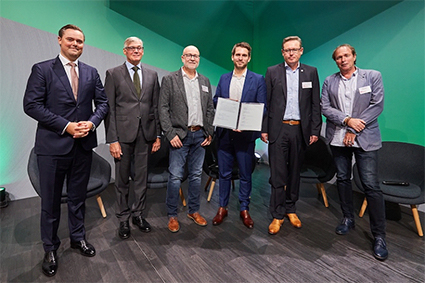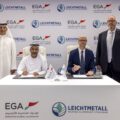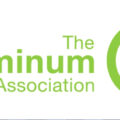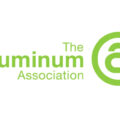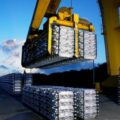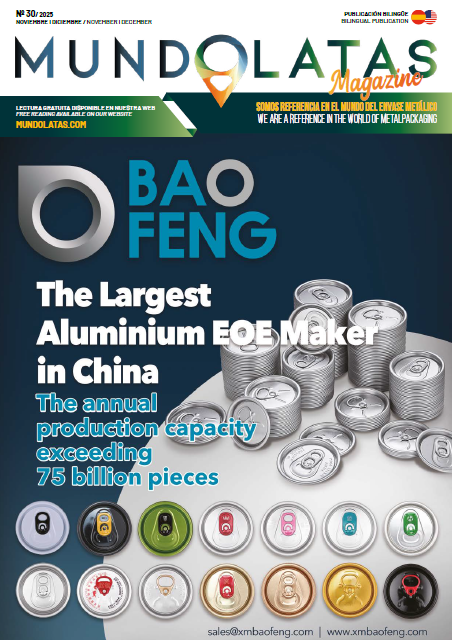Industry, social partners and five federal states have joined together to create the German Aluminum Alliance. In a joint statement, they have reaffirmed their commitment to a competitive and climate-neutral aluminum industry. The alliance includes the economic ministries of the states of North Rhine-Westphalia, Rhineland-Palatinate, Saxony-Anhalt and Saarland, the economic authority of the Free and Hanseatic City of Hamburg, IG Metall, IGBCE and the German Aluminum Association.
Mona Neubaur, Minister for Economic Affairs and Climate Protection of North Rhine-Westphalia, has welcomed this agreement to make the German aluminum industry competitive and climate-neutral as soon as possible. In this way, we will secure framework conditions for companies in the future. These are primarily affordable electricity prices, a secure and renewable energy supply, and a strong circular economy.
Rob van Gils, President of Aluminium Deutschland explained that. “Aluminum is not only essential for numerous industries such as transportation, construction and electrical engineering, but also plays a central role in the implementation of net-zero technologies. As a key material for decarbonization, aluminum is needed in large quantities to achieve our climate targets. Together with politicians and social partners, we are committed to ensuring that the German aluminum industry meets this challenge in a sustainable and competitive manner.”.
Jürgen Kerner, second chairman of IG Metall, for his part emphasized the special importance of the German aluminum industry, which, “with its employees and its know-how, plays a significant role in decarbonization”..
Francesco Grioli, IGBCE board member, spoke of the focus on the circular economy, in particular, is extremely important for achieving climate targets. Aluminum is therefore part of the solution to achieve the energy transition.
Aluminum and the energy transition
The aluminum industry plays a crucial role in the energy transition and is an important part of the German economy. With more than 62,000 employees and sales of more than €24 billion in 2023, the industry is an important employer and economic factor. Aluminum is an indispensable material for numerous industries, such as transportation, construction, packaging and electrical engineering; without aluminum, many net-zero technologies would be unthinkable.
The signatories have agreed on the following objectives:
⦁ Climate-neutral production: The industry will actively work on the development of innovative technologies to reduce CO2 emissions in aluminum production and establish a climate-neutral value chain.
⦁ Ensuring competitiveness: The alliance calls for fair competitive conditions at national and international level to ensure the competitiveness of the German aluminum industry and protect jobs.
⦁ Circular economy: It will focus on promoting the circular economy and the use of secondary raw materials to conserve resources and reduce environmental pollution.
⦁ Social responsibility: Co-determination and collective bargaining are important components of the industry. The partners are committed to good working conditions and sustainable social security.
They have also demanded a clear set of framework conditions to support the industry’s transformation towards climate-neutral production. These include:
⦁ Stable energy supply: A secure and affordable energy supply is crucial for the industry’s competitiveness.
⦁ Research funding: Investments in research and development are needed to develop innovative technologies for decarbonizing production.
⦁ Fair competitive conditions: Creating a fair competitive environment at the international level is essential to prevent “carbon leakage”.

